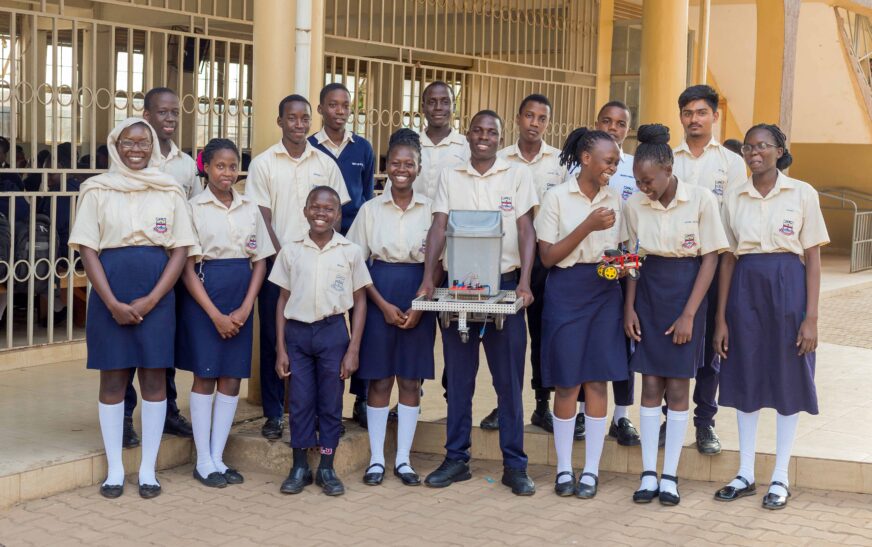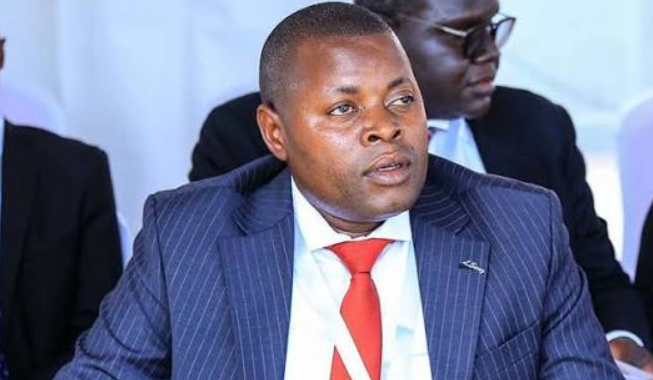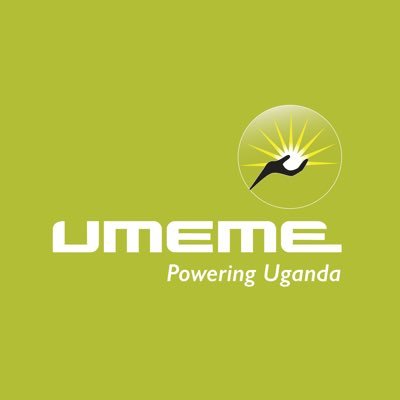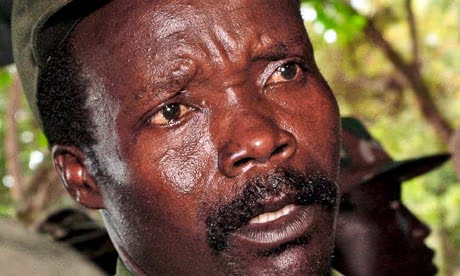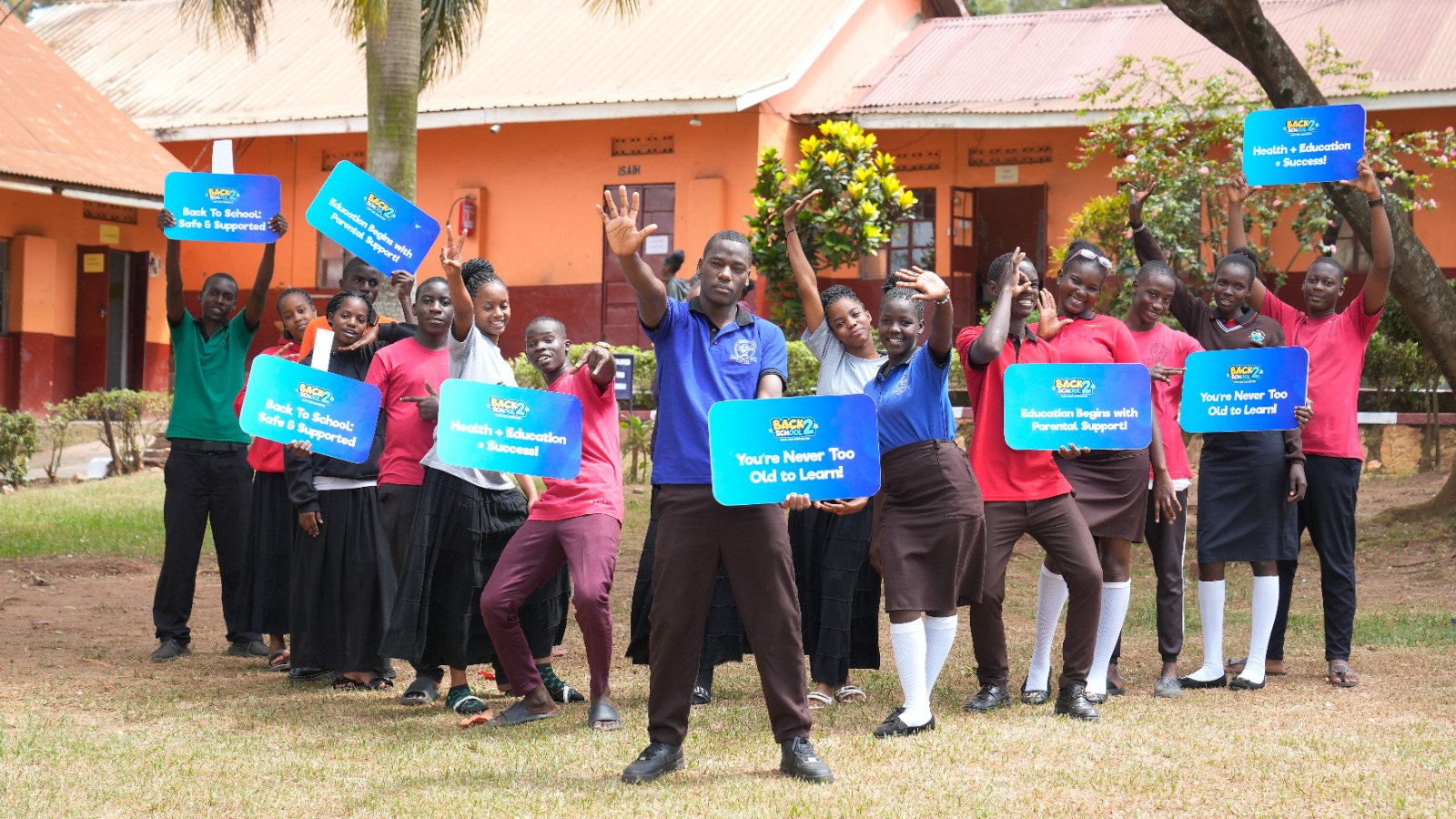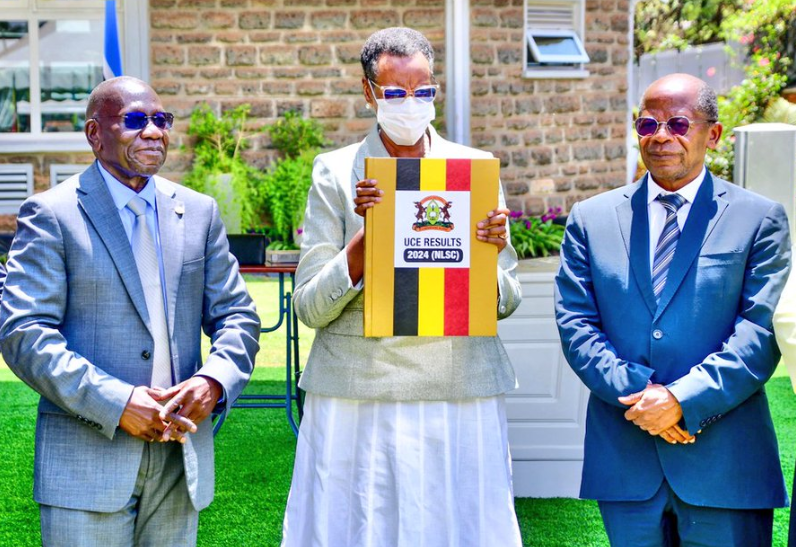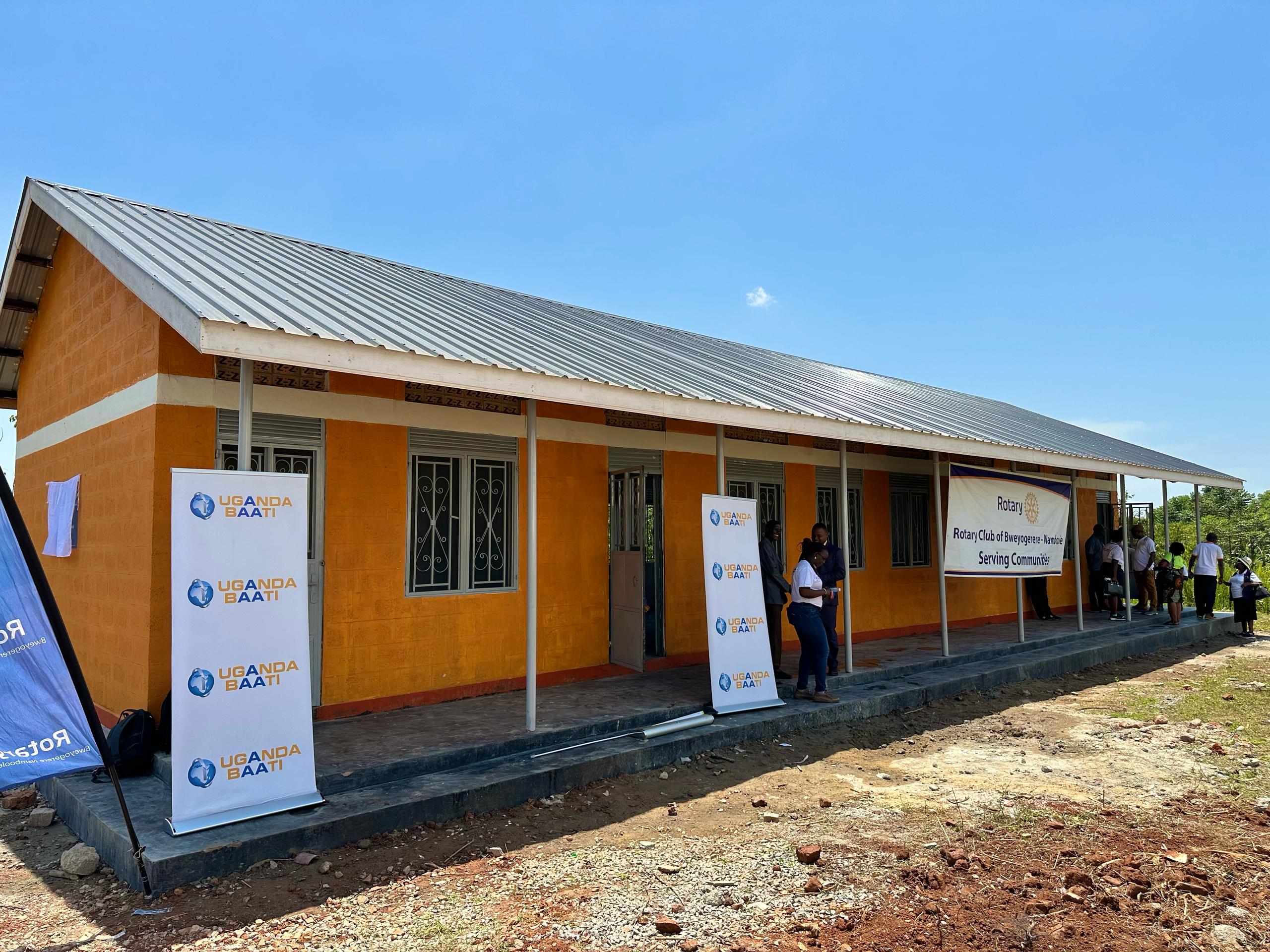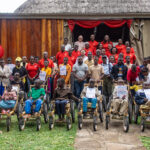Ehsan Ismael, a Senior Three student at Emma High School, Kikaaya, held up a tiny blue and red robot before an excited school assembly as it whirred to life.
Barely the size of a school lunchbox, the solar-powered panel cleaner moved with precise, calculated motions, guided by two motors, sensors, and code written by O’Level students. Meanwhile, Senior Four students Kevin Moni and Twesigye Faith showcased an automated trash picker that demonstrated similar precision.
These two innovations earned the school a second-place finish at Uganda’s highly competitive World Robot Olympiad National Championship, held at Innovation Village, Kampala, under the theme “Earth.”
“It took us three weeks to learn everything and prepare for the championship,” Ismael revealed, explaining that they were taught Pictoblox, a block-based programming platform designed for beginners to learn coding, artificial intelligence (AI), and robotics interactively.
These innovations are a direct result of Uganda’s revised lower secondary (O-Level) curriculum, introduced in February 2020, which emphasizes skills development over rote memorization. Continuous assessment on projects now contributes 20% of the final national examination score.
“The new O’Level curriculum has been instrumental in skilling students. Academic programs end at 2-3 PM, after which students engage in these skill-building programs. These are skills that can make them employable. While we encourage our students to pursue university degrees, we also want them to acquire additional practical skills,” said Eng. Emmanuel Tumuheirwe, the school director.
In 2024, a total of 379,620 candidates registered for the Uganda Certificate of Education (UCE) O-Level examinations. Of these, 369,477 were examined under the New Lower Secondary Curriculum (NLSC), while 10,143 sat for the transitional UCE examinations.
Uganda National Examinations Board (UNEB) Executive Director Daniel Odongo highlighted that the new curriculum is more holistic, assessing students not only on what they can remember but also on their practical skills and attitudes, aligning with global best practices.
Tumuheirwe urged the government, through the Ministry of Education and Sports (MoES), to implement a nationwide skilling program alongside the academic curriculum and to lower the costs associated with such programs.
“Skilling programs are very expensive. The materials needed are costly. We hope the Ministry of Education can expand these programs to more schools and secure support from donors to ease the financial burden on parents, possibly through workshops,” he explained.
The global educational robotics market was valued at approximately $1.37 billion in 2024 and is projected to grow to $5 billion by 2030, according to Grand View Research.
“Skilling does not take students away from academics. In 2024, we had students achieving several A’s and B’s. However, for students who struggle academically, skilling programs provide valuable alternatives,” said Emma High School head teacher, Herman Mukiibi.

